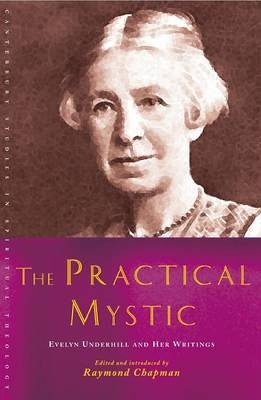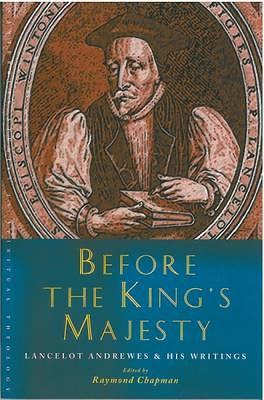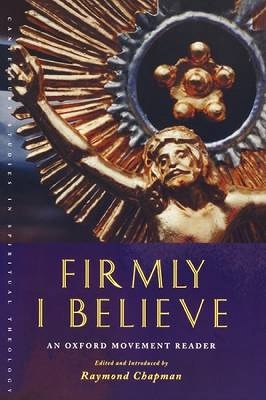Canterbury Studies in Spiritual Theology
3 total works
Evelyn Underhill (1875-1941) was one of the most widely read spiritual writers in the first half of the 20th century. A prolific writer of letters and diaries as well as novels and spiritual works, she was a popular broadcaster, speaker and retreat leader. She was one of the most prominent Anglo-Catholics of her generation.
Fascinated with the nature and meaning of mystical experiences from childhood, her classic works focused on the spiritual life. Yet as a disciple of Hugel, she came to value practical Christian service equally. For her, both the practical Martha and the mystical Mary were needed to offer perfect service to Christ.
Her books continue to be widely read and studied and a thriving Evelyn Underhill Association keeps her memory and influence fully alive. Here are selected extracts from a wide variety of her writings - from her books and from less accessible sources - together with a valuable introduction and commentary.
Fascinated with the nature and meaning of mystical experiences from childhood, her classic works focused on the spiritual life. Yet as a disciple of Hugel, she came to value practical Christian service equally. For her, both the practical Martha and the mystical Mary were needed to offer perfect service to Christ.
Her books continue to be widely read and studied and a thriving Evelyn Underhill Association keeps her memory and influence fully alive. Here are selected extracts from a wide variety of her writings - from her books and from less accessible sources - together with a valuable introduction and commentary.
Lancelot Andrewes (1555-1626) was a towering figure in the formative years of the Church of England. Averse to the puritanical spirit of the age, he helped to create a distinctive Anglican theology, moderate in outlook and catholic in tone. He believed that theology should be built on sound learning, he held a high doctrine of the Eucharist and he emphasised dignity and order in worship. His influence defines Anglicanism to this day.A devout scholar and gifted linguist, he served as Dean of Westminster and under James I became Bishop of Chichester, then Ely and finally Winchester. In 1604 he was appointed as one of the translators of the Authorized Version and became responsible for most of the Old Testament. It was as a preacher that he achieved the greatest fame and he was a favourite of Elizabeth I, James I and Charles I. His spiritual classic, "The Private Devotions of Lancelot Andrewes" was for personal prayer what the "Book of Common Prayer" was for the worship of the Church. Here is a wide selection from his writings and a general introduction.
The Oxford Movement sprang into life in the 1830s in reaction to the liberalisation of theology and in response to new freedoms for Catholics in society. It was an opportunity for Anglicans who regarded themselves as loyal to Rome, despite the interruption of the Reformation, to promote Catholic theology in the Church of England. A high doctrine of the Church and the sacraments, ritualistic worship and the revival of religious life - plus remarkable social work in slum areas - all characterise what we now call Anglo-Catholicism, still alive and well and accounting for a third of the C of E today. Here the writings of the leading lights of the Oxford Movement are introduced with a useful commentary and explanation.


